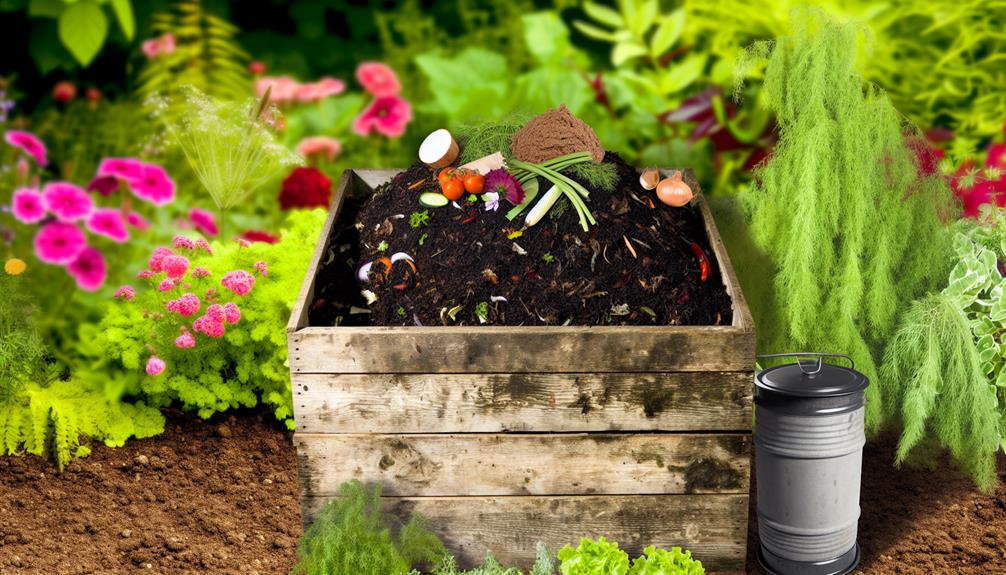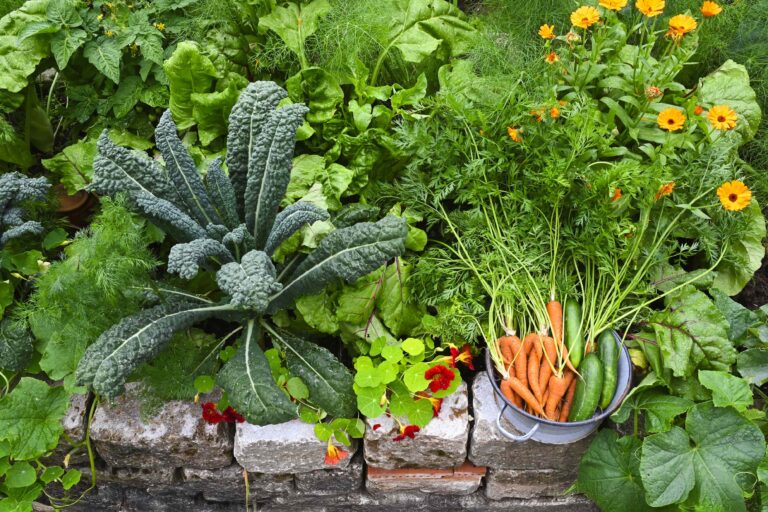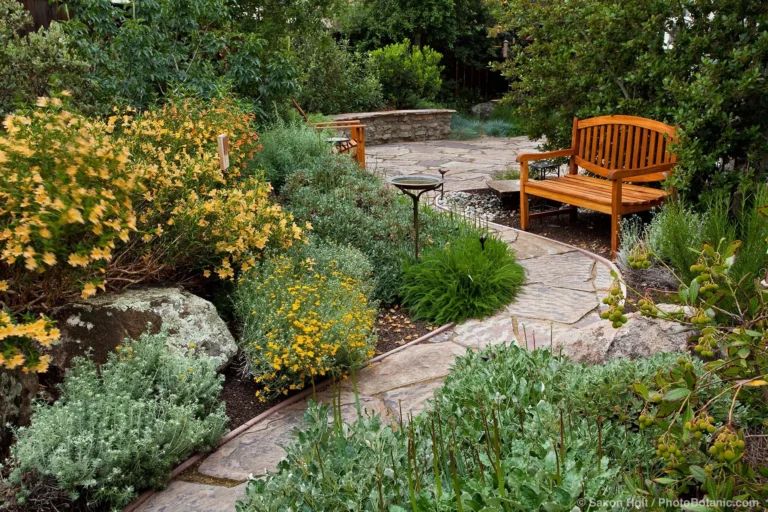Sourdough Starter Compost Benefits: 7 Ways It Supercharges Your Pile
Your fermenting jar of sourdough starter is not only the key to making artisan bread, but it may also be the key to making your compost pile less ordinary and more extraordinary. Since home bakers all over the world feed their sourdough cultures every day, they produce discard that is usually discarded in the trash. But this living habitat of wild yeasts and helpful bacteria has incredible possibilities of speeding up decomposition, improving soil vitality, and producing nutrient-laden compost that gardeners hope to have.

Composting Power of the Science Behind Sourdough Starter
Sourdough starter is a complicated microbial ecosystem consisting of wild yeasts such as Saccharomyces cerevisiae that live in symbiosis with lactic acid bacteria, mostly Lactobacillus species. It is a type of fermentation that is home to about 40-50 distinct strains of bacteria and yeasts adapted to be able to degrade complex carbohydrates and proteins.
Once placed in your compost pile, these microorganisms do not simply survive, they are actively involved in the decomposition process, developing enzymes that help breakdown tough organic substances such as cellulose and lignin faster.
The nitrogen in sourdough starter that is formed by the flour used to make the starter is an ideal complement to the carbon rich substances in your compost. It was found out that sourdough starter has approximately 1.5-2% nitrogen content, hence it is a great green material that balances the carbon to nitrogen content necessary to achieve maximum decomposition. This is a natural source of nitrogen that is essential in maintaining the important 30:1 ratio of carbon-to-nitrogen that microorganisms that compost need to be able to function efficiently.
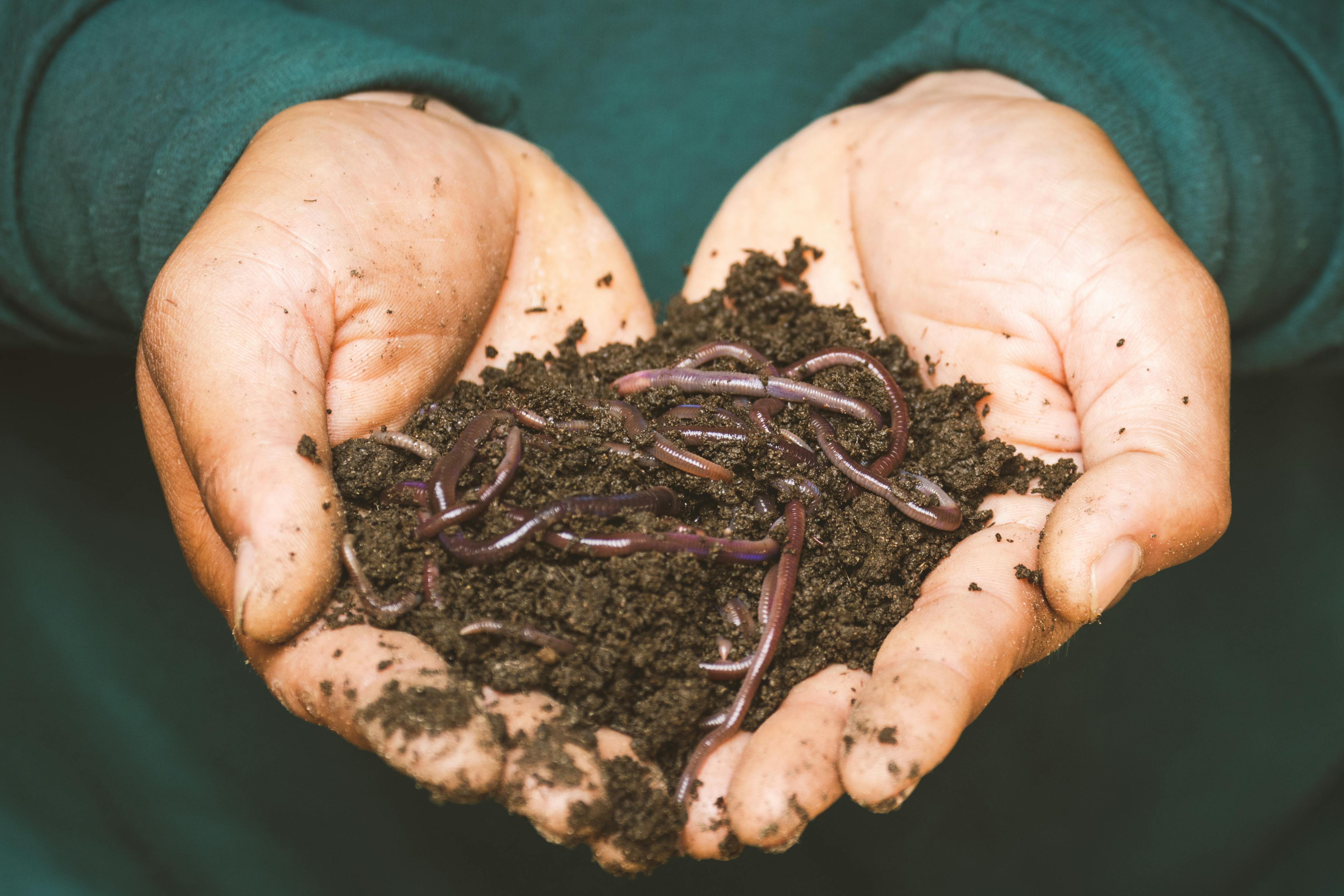
Seven Benefits of Adding Sourdough Starter to Your Compost (proven)
Faster Decomposition Schedule
It has been proposed by the studies that the decomposition time might be lowered by 20-30 percent when the compost piles are inoculated with sourdough starter in comparison to the traditional methods. The varied microbial community instantaneously starts to decompose organic matter and especially tough vegetable stalks, eggshells, and leaves. The wild yeasts generate cellulase enzymes that act on the walls of the plant cells and the lactic acid bacteria generate the acidic environment to maximize the degradation of the protein rich substances.
Increased Microbial Diversity
Billions of microorganisms already reside in your compost pile, but sourdough starter may introduce useful species that may be absent in your local ecosystem. Lactobacillus bacteria that can be found in starter cultures may be used to prevent the growth of harmful pathogens and encourage the growth of beneficial decomposers. This biodiversity leads to a stronger composting ecosystem that has the capacity to deal with different organic materials and changes in the environment.
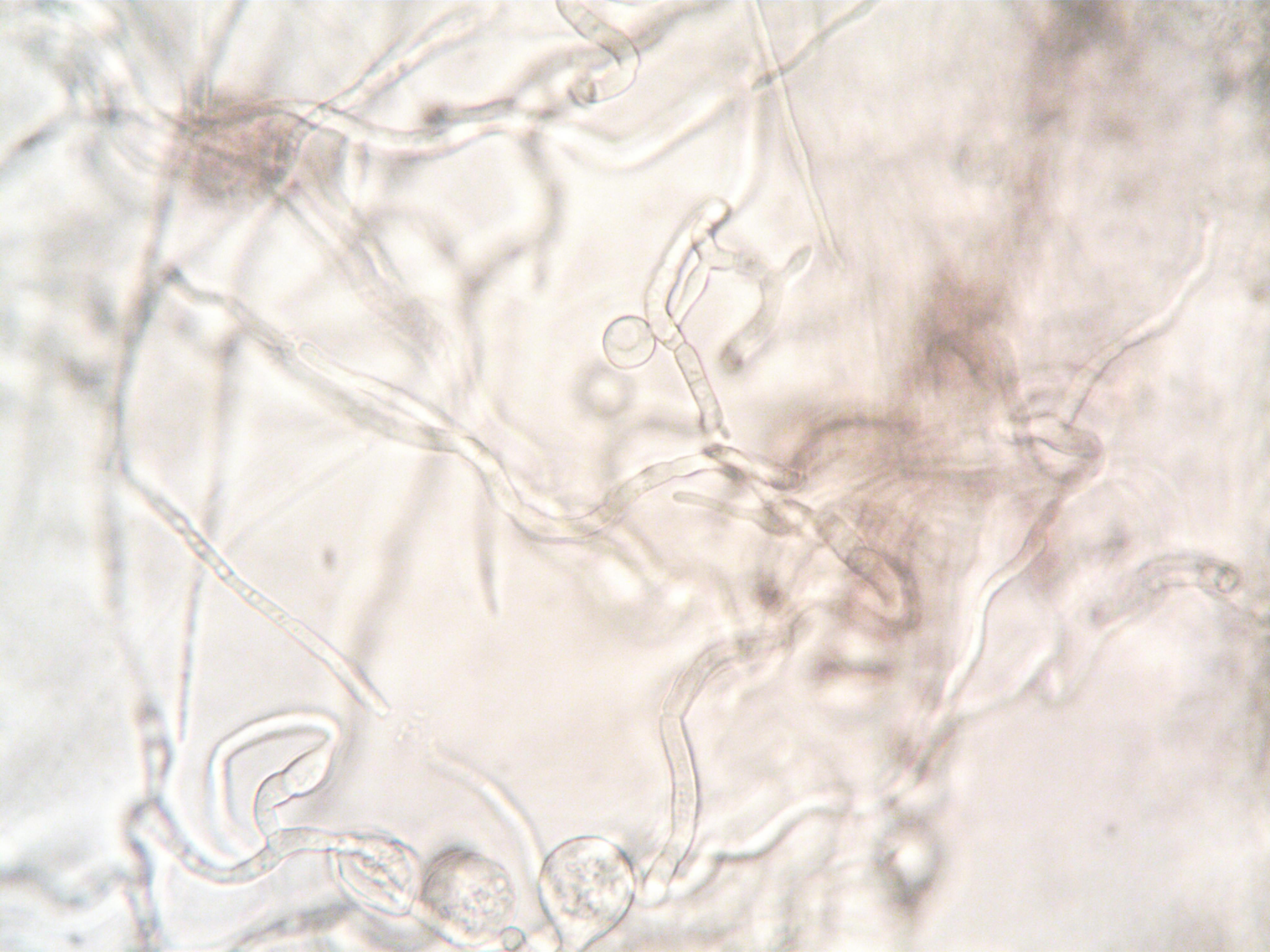
Better Soil Structure and Water Retention
The organic acids that are created in sourdough fermentation such as lactic acid and acetic acid, aid in the breakdown of mineral compounds in your compost materials. Such acids produce micro-pores in the end product of compost which enhance the structure of the soil, increase water retention, and allow increased penetration of roots into the soil on application to the garden beds. The output is not only plant nourishing compost, but also soil enhancing physical properties.
Natural pH Buffering
Although sourdough starter is naturally acidic with pH of 3.5-4.5, its contribution towards compost actually stabilizes the pH levels with time. The lactic acid bacteria also strive to balance extreme PH changes producing a more neutral end product. The majority of plants like the pH of soil to be between 6.0-7.0 and most compost made with sourdough starter normally reaches this desired pH without the need to add extra amendments.
The acidic environment produced by the lactic acid bacteria discourages the growth of odor-producing anaerobic bacteria and the acidic conditions discourage most typical compost pests such as fruit flies and rodents.
Less Smell and Infestation of Pests
Most of the scraps found in the kitchen emit unpleasant smells as they break down but the fermenting process of sourdough starter yields helpful compounds which in fact prevent the odor of bad smells. The acidic environment produced by the lactic acid bacteria discourages the growth of odor-producing anaerobic bacteria and the acidic conditions discourage most typical compost pests such as fruit flies and rodents.

Enhanced Nutrient Cycling
Sourdough starter also adds necessary micronutrients such as phosphorus, potassium, magnesium and calcium which are difficult to find in conventional compost materials. The minerals are made more bioavailable by fermentation process and hence plants absorb them more easily when the resultant compost is applied to the garden beds.
Reduction and Sustainability of Wastes
The most persuasive advantage is probably the possibility to turn the waste of the kitchen into garden gold. Average sourdough baker throws away 50-100 grams of starter each day, which amounts to 18-36 kilograms per year. Composting this refuse rather than taking it to landfills will save you on methane gas emissions and design you useful soil amendments.
Sourdough Starter: How to Add That to Your Compost
Best Practices in the pursuit of the greatest effectiveness
The secret of successfully adding sourdough starter to your compost is to understand the peculiarities of this substance and adapt to them. Sourdough starter is a green material always because of its high moisture level and the level of nitrogen. This implies that you will have to counter this with sufficient brown materials such as dried leaves, straw or shredded papers.
Start with not more than one cup of sourdough discard to every cubic yard of compost material. Add the starter with your current compost materials and make sure that the starter is spread evenly all over the pile. Sourdough is sticky and therefore, when not added properly, it forms clumps thus forming anaerobic pockets thus slowing the decomposition.

The best Timing and Frequency
You can add sourdough starter to your compost pile at active decomposition stages where the temperature varies between 135-160°F. This temperature would enable the microorganisms introduced to settle rapidly and compete favorably with the microorganisms in the compost. In colder seasons, you should always add starter in the centre of your pile where temperatures are more elevated.
Frequency This is your schedule of baking, but you should not add more than 2-3 times a week to prevent overloading of the system. Above this you are generating a lot of discard, you can freeze additional starter to use later or you can do some other things with it such as feeding to chickens or making natural fertilizer teas.
Diagnosing Common Problems
The moisture level of your compost pile should be monitored when adding sourdough starter. The water content is very high, which may cause damp conditions favouring anaerobic breakdown and bad smell. When you see that it is too wet, add more brown stuff and mix everything up to enhance aeration.
In case you find white film on the surface of your compost, you can consider that it is the normal growth of fungi as opposed to contamination. Nevertheless, when the white material is slick or produces bad smells add less starter and add more aeration.
Handling Major Concerns and Misconceptions
The pH Controversy
Other gardeners fear that the natural acidity of sourdough starter will cause their compost to be too acidic to use by the plants. The studies however prove that the fermentation process in fact forms natural buffering agents that allow the maintenance of neutral pH levels. Organic acids that are formed as a result of fermentation are used by the soil microorganisms leaving behind minerals that enhance pH stability.
Questions on Microbial Competition
There is an ordinary myth that sourdough microorganisms are not capable of surviving in compost. Although it is true that most of the sourdough specific microbes do not last long, their presence in the early stages of decomposition gives very important enzymatic activity that is beneficial in the overall composting process. Consider them as short-term workers that cause early decomposition before the native compost microorganisms can assume control.
Introducing a sourdough starter that is more than 10% by volume into your compost pile may result in excessively damp conditions that will prefer an anaerobic deposition process.
Quantity Limitations
When applied in moderation, sourdough starter is not very harmful as opposed to commercial compost accelerators that may be overused. Moderation is however relevant. Introducing a sourdough starter that is more than 10% by volume into your compost pile may result in excessively damp conditions that will prefer an anaerobic deposition process.
High-tech Processes to Experienced Composters
Preparation of Sourdough Compost Tea
To target a specific application, make a compost tea by combining one cup of sourdough discard in five gallons of water. Steep this mixture between 24-48 hours, stirring every now and then. The liquid that results is rich in helpful microorganisms and nutrients that could be used directly to the garden beds or inoculated into new compost piles.
Seasonal Adjustments
Sourdough starter can be used during winter when composting activity usually diminishes to give the compost the microbial impetus it needs to keep on decomposing. The fermentation process produces heat, which is useful in keeping the temperatures of piles in cold weather. On the other hand, during hot summer weather lower the starter additions to ensure there is no excess moisture or high temperatures.
Vermicomposting operates on the same principle, and can be combined with it
Small portions of sourdough starter are especially useful in worm bins, as the lactic acid bacteria provide a good environment to the vermicomposting worms. Additions to a square foot of bin surface area should be limited to one tablespoon, and should always be thoroughly mixed with the bedding materials in order to avoid any stickiness that would influence the movement of the worms.
Composting: The Ultimate Guide to Success
Sourdough starter is more than a simple waste-cutting measure because the implementation of sourdough starter into your composting process is a holistic method of sustainable living that links the production of food with the health of your soil. The positive microorganisms, increase in nutrient cycling and decomposition leads to the production of a high quality finished product favouring healthy plant growth and the health of the soil ecosystems.
Begin with minimal additions and monitor your compost pile reaction and then add more. Adjustments in decomposition rate, temperature, and end product of compost to create an individualized method that is compatible with your specific climate, materials, and baking time.
It is to be kept in mind that effective composting requires several factors such as balancing of materials, moisture control, aeration and control of temperature.
It is to be kept in mind that effective composting requires several factors such as balancing of materials, moisture control, aeration and control of temperature. Sourdough starter can be of great use in this process, though it is not a solution on its own but a component of a larger composting approach.
The fact that sourdough discarrage can be turned into compost rich in nutrients is an example of the closed-loop systems that are being glorified by sustainable gardening proponents. You are engaging into an old process, by observing the complete cycle between flour and water to bread to soil amendment, which contemporary science is currently proving and testing.
Conclusion
Although sourdough starter is not something that will turn your pile of compost into gold overnight, the scientific data and personal accounts of gardeners all over the world point to significant benefits that would justify such a practice to be added to your composting routine. The increased microbial activity, better nutrient cycling and faster decomposition make physical improvements in compost quality and garden soil health.
The success of sourdough starter in compost is more than its practical utility, but it relates to the way it bridges our contemporary food systems with the soil-building traditions of the past. Every spoonful of waste is a chance to be a part of the great cycle of decay and regeneration that gives life to all the terrestrial life.
You can make your daily routine of sourdough maintenance a potent source of soil health and sustainable gardening by learning the science behind these benefits and by best practices of incorporation. The outcome is the win-win situation: improved bread due to healthy starter keeping, and improved soil due to considerate waste disposal.

